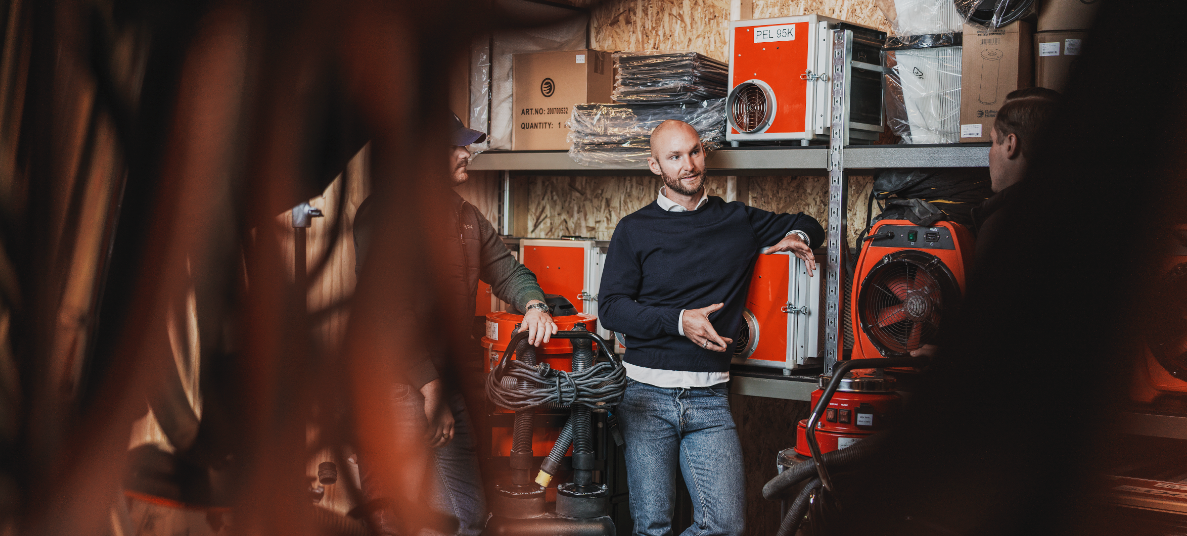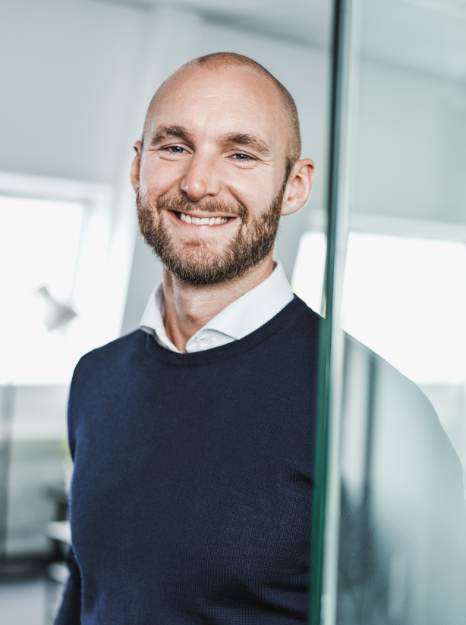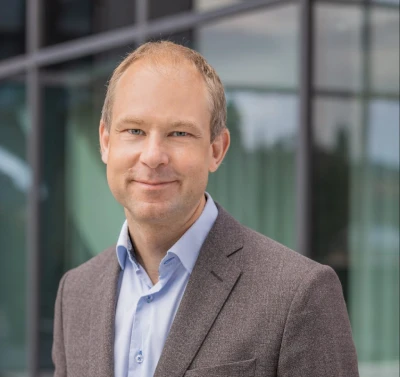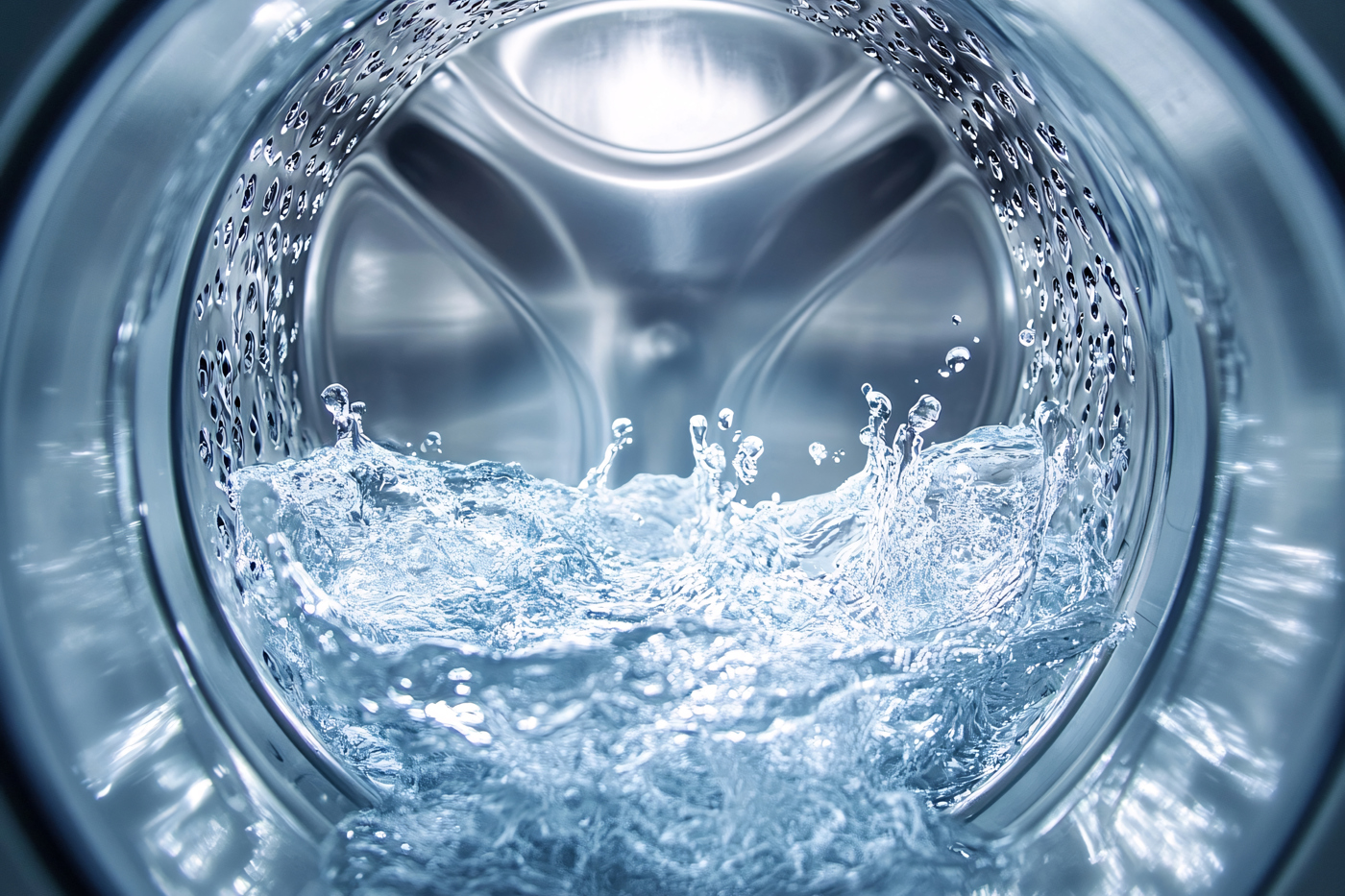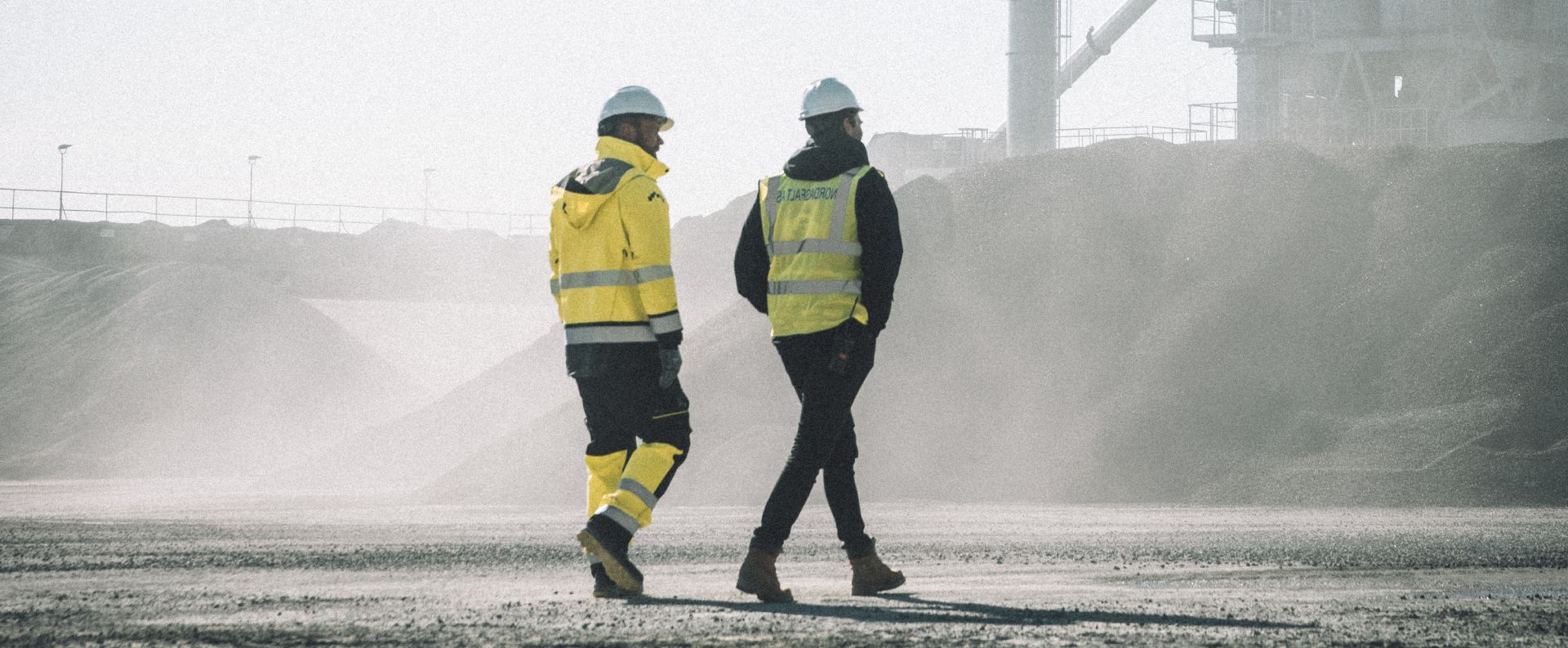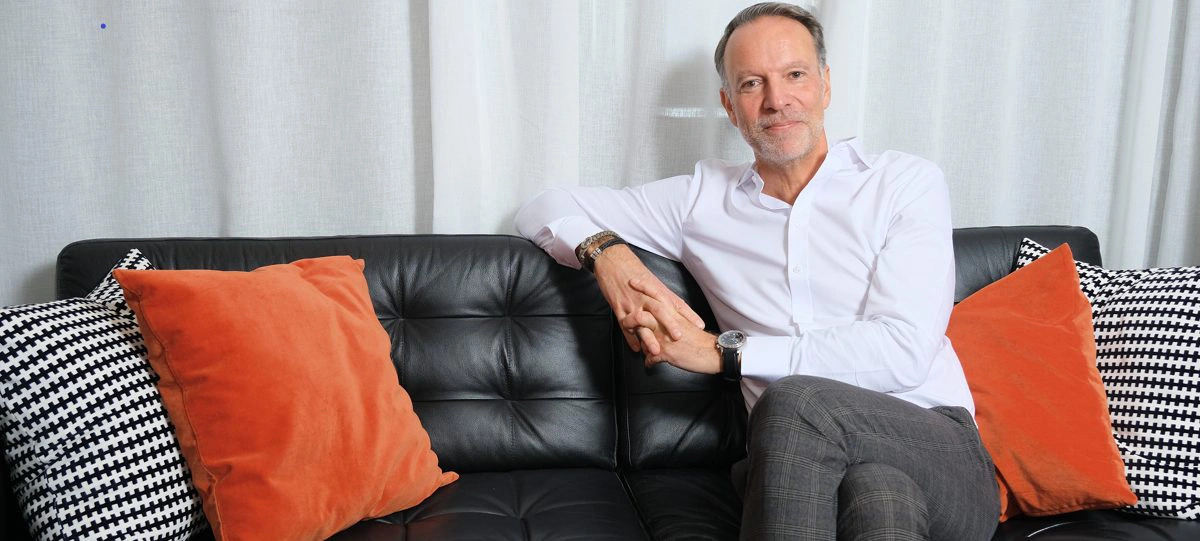“We want to know what we’re buying”
Alligo and the Oleter Group share a vision of lifting the industry’s sustainability efforts to a higher level. “We want to find ways how we together can minimize our environmental impact,” says Linus Berg, head of sustainability at Oleter Group.
Alligo has come to an important realization: It is not enough for individual actors to focus on their own climate emissions. When it comes to sustainability, all actors must raise expectations for their entire industry. Only then can collective sustainability efforts reach new levels.
– We must be willing to demand more from our suppliers in order for them to become better. Our customers, in turn, demand more from us so that we become better. This way, raised expectations disseminate through the entire value chain, says Peter Söderberg, Business Development and Sustainability Manager at Alligo.
– As a supplier, a publicly listed company, and an employer, we obviously need our sustainability work to reach a high enough level to be relevant. And there are great opportunities in that too. If we can become an authority on the subject, so that our customers turn to us to raise their own sustainability standards, commercially that is very beneficial for us. Then we can move beyond looking at sustainability as a pure necessity and instead see it as a competitive advantage, as part of business development.
And there is no one more important in that process than a “difficult” customer.
– What develops our business is largely the demands placed on us by our customers. As they put increasingly higher demands on us from a sustainability point of view, we are getting better at developing our offer and reducing our climate impact. We don’t find it difficult when customers demand a lot from us – we welcome it.
ONE CUSTOMER AND partner that Alligo has intensified discussions with during 2022 is the remediation consortium Oleter Group. Alligo has long supplied both machines and products to Oleter Group’s various companies, which today employ around 2,100 employees in the Nordic region.
In 2019, the group began a complete mapping of its emissions. That same year resulted in the company’s first annual climate report.
– It gave us a clear picture of the current situation. Through the report, we have gained insights into which parts of our operations have a large or small environmental impact. As a result, we have been able to prioritize, set goals and initiate projects that have the greatest potential to reduce our environmental and climate impact. Now we work a lot with the report every year, so that we can measure our development and reduce our emissions at a faster rate, says Linus Berg, Sustainability Manager at Oleter Group.
It is an ambition that requires investment, commitment and perseverance. Not to mention like-minded colleagues. In the discussions between Alligo and Oleter Group, it became clear that they shared an overall vision: to raise sustainability standards in the industry through higher expectations.
– We want to find ways for how we together can reduce the environmental impact from the products we buy. Among other things, this is about us as clients having higher demands for environmental declarations. We want to know what we’re buying and how much of the material is recycled. We also want information about the product’s environmental impact and the circumstances under which they are manufactured, says Linus Berg.
Meanwhile Alligo was spurred on by Oleter’s demands.
– What the Oleter Group is asking for coincides closely with our ambitions. The challenge for us is to make it work. We have a huge assortment, which means that today we cannot work at the product level in a way that requires a lot of manual processing. It will become unmanageable in the long run. Instead, we have to retrieve information from our suppliers with a more structured method and then get that information into our systems. Then we can present it to the customer. It is a development process that we need to go through in order to meet on our customers’ expectations. It moves us forward, says Peter Söderberg.
ANOTHER IMPORTANT focus area is extended lifetimes. Oleter Group wants to see the products it purchases last longer.
– We are not a manufacturing company. We buy machines, materials and protective equipment from our suppliers. The trend right now is to produce a lot as cheaply as possible. If a product breaks, we often throw it away rather than keep using it. Instead, we want to try to make our machines and materials last as long as possible so that we can reduce our purchases, says Linus Berg.
Here too, both companies share a common vision of being able to work with sustainability beyond climate declarations and environmental labels.
– Today, we work with several initiatives for extending the durability of our products. For example, we have a sewing department in Örebro that allows us to repair and adapt work garments. We also have a space for developing more environmentally friendly alternatives at a product level. For example, if we have a traditional product in our range today, maybe there are ways it can be manufactured using more recycled raw materials. There we work actively with product development and with setting demands on our suppliers, says Peter Söderberg.
But good can always be better.
– The Oleter Group has high demands, some of which we can already meet today to some extent, and some that we need to work on further. These kinds of expectations create a good dynamic. They mean that all of us – suppliers, customers and end customers – can help pave the way towards a more sustainable tomorrow, says Söderberg.
Alligo maps its value chain
Right now, Alligo is in the midst of making a comprehensive map of its carbon dioxide emissions throughout its value chain – from supplier to end customer. The ambition is to create a benchmark for developing measures and setting concrete targets. What we already know is that the majority of the company’s climate impact exists outside of its own walls.
– That is why it is so important to work with expectations and demands. If we can help our customers choose better alternatives with lower environmental impact, or work with our suppliers to get them to reduce their environmental impact, that is where we will see a big impact. We want to act as a facilitator and enable more sustainable choices both upstream and downstream in the value chain, says Peter Söderberg, Business Development and Sustainability Manager at Alligo.
